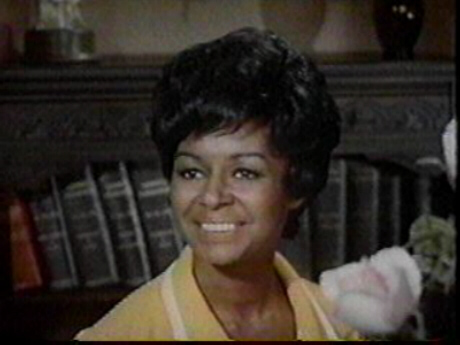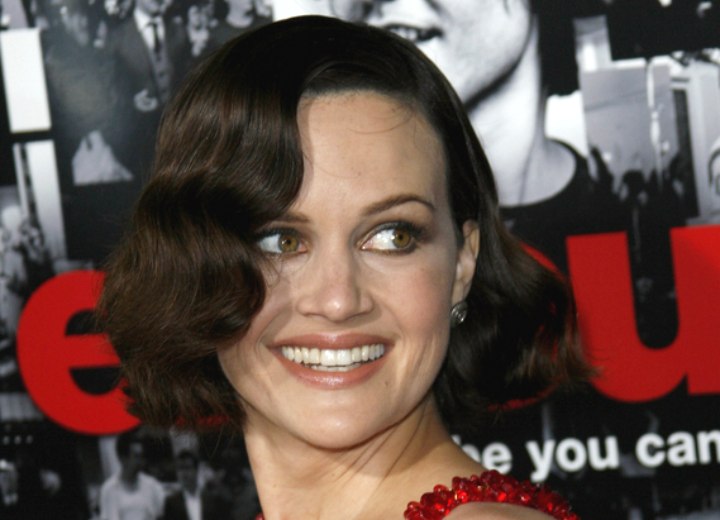 Borders filed for bankruptcy a couple of weeks ago. It hurt a little bit. I've spent a good portion of my adult working life in bookstores, including Borders. The year I spent at the Borders in East Brunswick was easily the most fun I've ever had at a job. My co-workers were funny and well-read and sarcastic. I got along with everyone.
Borders filed for bankruptcy a couple of weeks ago. It hurt a little bit. I've spent a good portion of my adult working life in bookstores, including Borders. The year I spent at the Borders in East Brunswick was easily the most fun I've ever had at a job. My co-workers were funny and well-read and sarcastic. I got along with everyone. That store closed three years ago, so I've seen the writing on the wall for a while. Stores like Borders, though wonderful, operate on a library's business model. People browse and borrow, but rarely buy. That's a wonderful way to lose lots and lots of money.
In East Brunswick, most customers would purchase a drink and then spend hours in the cafe taking advantage of the free Wi-Fi. Or they'd grab a stack of magazines, find an empty table, and while away the hours. (They rarely put the magazines back, meaning someone else would have to put them away.) Teens would sit in the Manga aisle and read the books like they were at their friend's house. (They rarely put the comics back, meaning someone else would have to put them away.) Folks would park their broad behinds in overstuffed chairs and sit back with a book or two. (They rarely put the books back, meaning...)
You get the idea.
Because of this corporate philosophy, bookstores are in a losing situation. What also spells doom is the sagging economy--people who have less disposable income will find other ways to get their reading fix--and overexpansion. When I lived in Jersey, at one point I could reach five big-box bookstores within 25 minutes. No book lover needs that many options. And neither does the general public. We're not talking about supermarkets or gas stations.
I'm sad to see Borders on the ropes, but it's not surprising. Forget the e-readers. Libraries are free. Book sales are abundant. Used bookstores have better prices and more character. Even my gym has awesome deals. Paperbacks cost a dollar; hardcovers are two bucks. The fiancee and I have picked up some terrific stuff.
And, yes, we put them away.
1.) Speaking of the gym, we've been going pretty frequently. I've decided my goal is not to get a six-pack or run a certain number of miles. It's to not look like the chubby husband in a sitcom. My fiancee is cute and very slim; I'm a double cheeseburger away from looking like Kevin James or James Belushi.
2.) A note to the organizers of the Super Bowl halftime show: Can you actually pick a band that sounds good live, and isn't dependent upon studio trickery? I've seen talent show bands that sounded cleaner than the Black Eyed Peas. Next year just put my iPod through the sound system. Hope everyone likes Steely Dan.
I knew the show was going to suck when Joe Buck and James Brown were touting how good the dress rehearsal was. I'll bet you a million dollars that Buck's iPod is loaded with nothing but Celine Dion and the Eagles. James Brown is a bright guy, and no sensible person can believe any band fronted by Fergie has redeemable qualities.
3.) Really missing "Hoarders." "Heavy" is OK, but I feel that the show doesn't delve into the emotional web that causes someone to consume 10,000 calories a day. Good thing "Intervention" and "True Life" are on demand.
4.) Is there a rule that the hosts of "fun time" cooking shows have to dress like douchebags at a Jersey shore bar? I feel like taking Adam Richman and Guy Fieri to the Gap so they can have at least one image-less T-shirt.
5.) Speaking of cooking shows, is there any show that's a bigger piece of fiction than "Giada at Home"? When I make pancakes, it looks like I've just compounded a living room. The woman makes an elaborate dinner without a stain or a bout of sobbing. You could perform surgery on her countertops.






